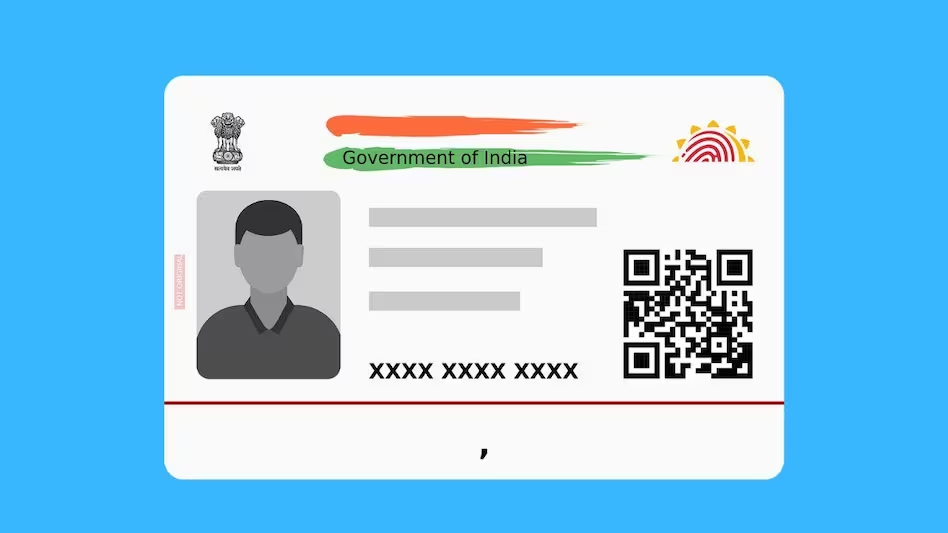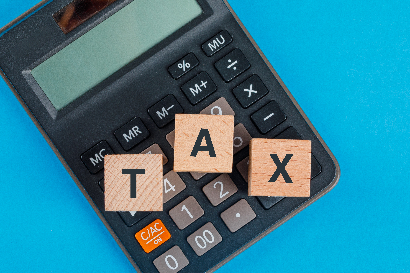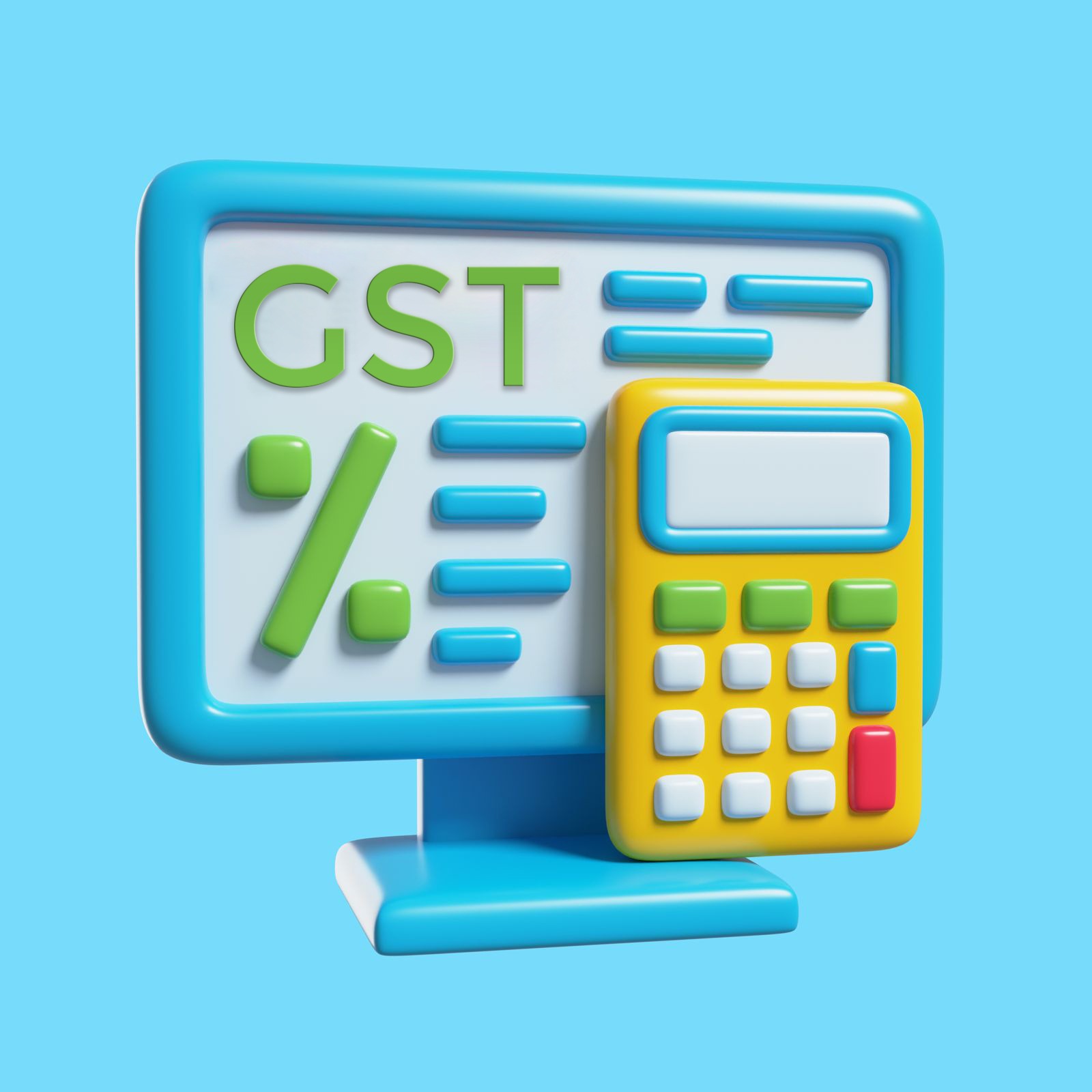🔍 Is Your Savings Account Being Watched?
7 Bank Transactions That Can Trigger Income-Tax Attention
Your savings account may feel like a safe and simple place to keep money — but certain transactions can quietly draw the attention of tax authorities. As financial systems become more data-driven, banks automatically report specific activities to help the government track unaccounted income.
Here are seven types of bank transactions that could place your account under scrutiny.
1️⃣ Frequent High-Value Cash Deposits or Withdrawals
Making large cash transactions occasionally is understandable. But if your account shows regular big cash deposits or withdrawals, it may raise questions about the source of funds.
Tip: Keep proof of where the money came from — such as business receipts or event-related records.
2️⃣ Cash Deposits Above Prescribed Annual Limits
If your cash deposits in a financial year cross government-defined thresholds (for example, around ₹10 lakh in a year), banks must report it. Even multiple small deposits that add up can trigger monitoring.
Tip: Avoid breaking large cash deposits into smaller chunks to “stay under the radar” — it can still be flagged.
3️⃣ High Credit-Card Payments Not Matching Income
Paying unusually large credit-card bills from your savings account — especially when your reported income appears lower — can create suspicion of undisclosed earnings.
Tip: Ensure your lifestyle and tax filings reflect each other.
4️⃣ Significant Foreign Spending or Forex Transactions
Major spending on international travel, foreign education, or overseas remittances is monitored. If your account suddenly shows large foreign-exchange usage, authorities may verify your income source.
Tip: Maintain paperwork for foreign expenses and the source of funds.
5️⃣ Large Real-Estate Related Transactions
Transactions connected to buying or selling property, especially large sums entering or leaving your account, are closely tracked to prevent tax evasion in real-estate deals.
Tip: Always keep sale deeds, agreements and banking records ready for verification.
6️⃣ Sudden Activity in a Dormant Account
An account that has been inactive for years and suddenly receives large transfers can raise red flags — unusual activity patterns often trigger review.
Tip: Be prepared to explain reason for sudden inflows — like inheritance or sale of assets.
7️⃣ Unexplained Transfers or “Gift” Deposits
Money credited without clear documentation, even if labelled as a “gift” or “family contribution,” can be questioned. Authorities may ask for proof to ensure it isn’t hidden income.
Tip: Draft simple gift deeds and maintain bank trail wherever possible.
🛡️ How to Stay Safe & Compliant
✔️ Maintain proper records for big transactions
✔️ Declare all income — including interest from multiple accounts
✔️ Ensure spending/ deposits align with reported income
✔️ Check your income-tax statements periodically
✔️ Avoid cash transactions when digital proof is possible
✅ Final Takeaway
Having a savings account isn’t risky — lack of documentation is.
As long as your financial activity is transparent and supported by evidence, there’s nothing to worry about. Good record-keeping and honest reporting are the simplest ways to avoid unnecessary tax scrutiny.









